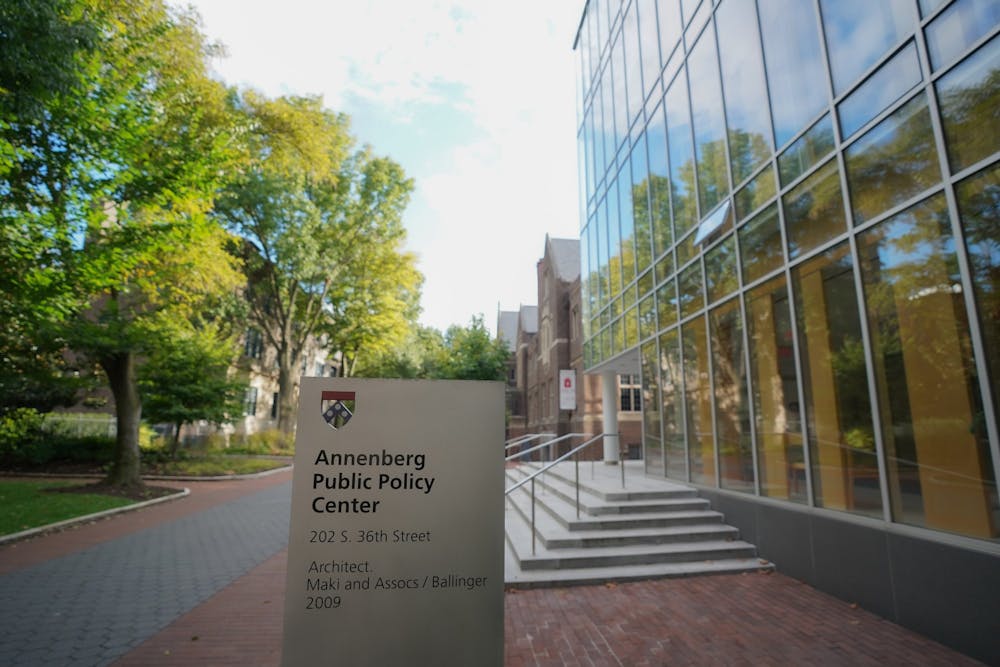A study from the Annenberg Public Policy Center found that misinformation about the flu and other diseases persists among the American public.
The study surveyed over 1,600 American adults and found that while there is a basic understanding of the flu and COVID-19, there is still some uncertainty about the viruses and their respective vaccines.
46% of surveyors did not know that people cannot get the flu from the flu shot. 33% of the surveyors disagreed that every person older than six months should get an annual flu shot, going against CDC recommendations.
These beliefs are present even on Penn’s campus.
“Misinformation spreads among college students… through sharing fake news (knowingly or unknowingly) on social media. For example, researchers are increasingly worried about fake news on TikTok,” William J. Heinrich Postdoctoral Fellow Elizabeth Harris wrote in an email to The Daily Pennsylvanian.
Another factor that may promote misinformation is trust, Harris added.
“If the people that Penn students trust (such as family or friends) are giving them misinformation about flu shots, they may be more likely to act on that misinformation rather than information that comes from Penn,” Harris wrote.
Even so, flu shot ratings have been high at Penn, especially since receiving one has been a requirement for Penn students since 2021. Several campus health initiatives at Penn focus on influenza spread prevention, promoting Wellness at Penn’s annual free flu clinics.
RELATED:
Penn Medicine Researchers Develop Multivalent flu Vaccine Using mRNA Technology
Annenberg Public Policy Center Director Elected to AAAS board
Mary Kate Coghlan, director of communications of wellness at Penn, said in February that Wellness at Penn wants to improve the wellness education by debunking popular flu and COVID myths on social media.
Wellness at Penn is focused on using TikTok and other social media platforms to deliver information with short, simple, and effective messaging, Coghlan said.
“We’re steadfast in our commitment to making sure that students get the facts, whether it’s about vaccines, how to access care, or which level of care is most appropriate,” Penn Chief Wellness Officer Benoit Dubé told the DP in February.
The most recent flu clinic hosted by Wellness vaccinated over 11,000 community members, including Penn students and Philadelphia citizens, over a three-day duration. Penn also hosted a COVID-19 booster clinic this past October.
“We would need to conduct a representative poll to know for sure, but one important thing here is the perception that most students get their shot. Social norms are incredibly powerful. Therefore, if students believe that their friends and peers are getting the shot, they are more likely to do so too,” Harris said.









